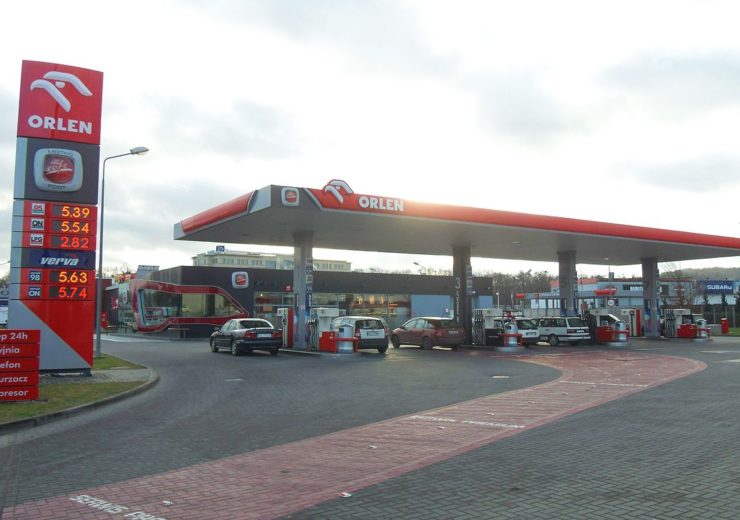The decision follows an in-depth investigation of the proposed merger by the Commission, which combines PKN Orlen and Grupa Lotos

Orlen station in Gdańsk, Poland. (Credit: Wikipedia/Artur Andrzej)
The European Commission has approved, under the EU Merger Regulation, the acquisition of Grupa Lotos by PKN Orlen. The approval is conditional on full compliance with a commitments package offered by PKN Orlen.
Executive Vice President Margrethe Vestager, in charge of competition policy, said: “Access to fuels at competitive prices is important for businesses and consumers alike. Today, we can approve the proposed acquisition of Lotos by PKN Orlen because the extensive commitments offered by PKN Orlen will ensure that the relevant Polish markets remain open and competitive and that the merger will not lead to higher prices or less choice for fuels and related products for businesses and consumers in Poland and Czechia.”
Today’s decision follows an in-depth investigation of the proposed merger by the Commission, which combines PKN Orlen and Grupa Lotos (“Lotos”), two large Polish integrated oil and gas companies. They are both active in Poland, where they both own refineries, and also have activities in several other Central and Eastern European and Baltic countries.
The Commission’s investigation
During its in-depth investigation, the Commission gathered extensive information and feedback from competitors and customers of the merging companies.
Following its investigation, the Commission had concerns that the transaction, as initially notified, would have harmed competition, in particular in the following markets:
- the wholesale supply of motor fuels in Poland;
- the retail supply of motor fuels in Poland;
- the supply of jet fuel in Poland and Czechia;
- The supply of related products such as different types of bitumen in Poland.
The proposed remedies
To address the Commission’s concerns, PKN Orlen offered the following commitments:
- To divest a 30% stake in Lotos’ refinery accompanied by strong governance rights, with the purchaser having the right to approximately half of the refinery’s diesel and gasoline production, while also giving the purchaser access to important storage and logistics infrastructure;
- To divest nine fuel storage depots to an independent logistics operator, and to build a new jet fuel import terminal in the Polish city of Szczecin, which would be transferred to the independent logistics operator on completion;
- To release most of the capacity booked by Lotos at independent storage depots, including the capacity booked at Poland’s biggest terminal for the import of fuels by sea;
- To divest 389 retail stations in Poland, amounting to approximately 80% of the Lotos network, and to supply these with motor fuels;
- To sell Lotos’s 50% stake in the jet fuel-marketing joint venture that it has with BP, to continue to supply the joint venture, and to give the joint venture access to storage at two airports in Poland;
- To make available up to 80,000 tonnes of jet fuel per year to competitors in Czechia via an annual open tender;
- To divest two bitumen production plants in Poland, and to supply the purchaser with up to 500,000 tonnes of bitumen/heavy residues annually.
The Commission found that the combination of divestitures and other commitments would enable the purchasers of the divested businesses, as well as other competitors, to compete effectively with the merged entity in the relevant markets in the future. In the wholesale diesel and gasoline markets in particular, the purchaser of the stake in the refinery will be able to import significant volumes thanks to greater access to infrastructure. Through this combination of refining capacity and import potential, the purchaser will exert a competitive constraint similar to that of Lotos before the transaction.
The Commission therefore concluded that the transaction, as modified by the commitments, would no longer raise competition concerns. This decision is conditional upon the full compliance with the commitments.
Source: Company Press Release
